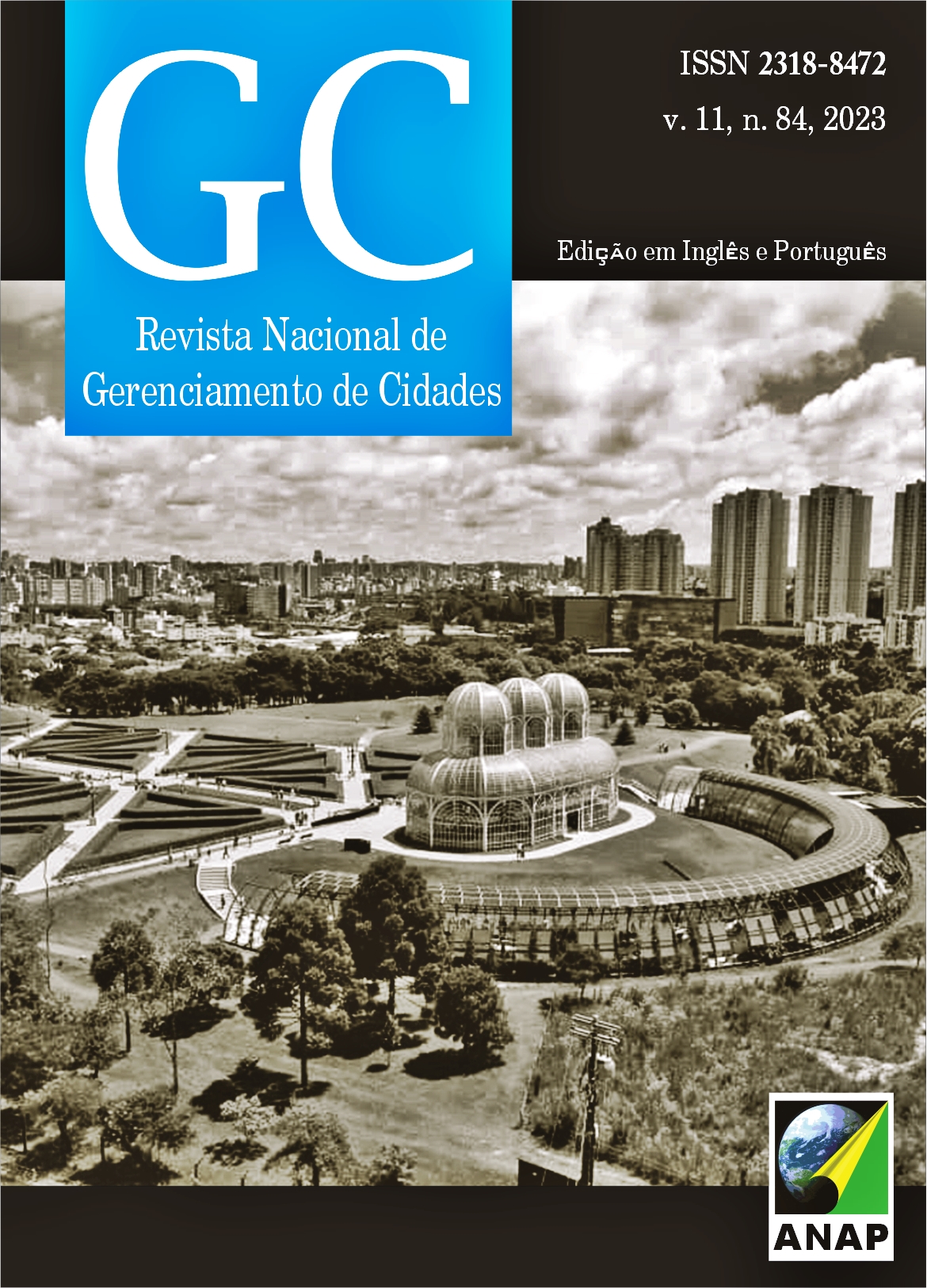Citizen participation as a fundamental principle in the connection between children and nature.
DOI:
https://doi.org/10.17271/23188472118420234767Palabras clave:
Participation, Green Infrastructure, ChildhoodResumen
There are challenges to urban planning and public participation as urban sprawl proceeds rapidly around the world. Close to urban centers, informal settlements are characterized by numerous challenges, including inadequate sanitation, inefficient drainage, and a constrained potable water supply. Nature-Based Solutions (NBS) is an umbrella concept that encompasses Green Infrastructure and proposes a solution to these socio-environmental problems. This paper aims to examine and codify the methodological framework that fosters the interplay between the natural world, community involvement, and childhood. The literature review was categorized into two distinct sections: the first pertains to Green Infrastructure and Nature-based Solutions, whereas the second pertains to urban pedagogy and the involvement of children in urban planning. Nature-based Solutions offer an opportunity to address environmental and social challenges. The literature suggests that NBS planning should follow six main guiding principles: maintenance of biological and cultural diversity, site specificity, evidence base, integration, equity, and transdisciplinarity. The findings strongly suggest that citizen participation is a fundamental principle for achieving Nature-Based Solutions fairly in cities. In order to effectively implement a more ecological urbanism, it is imperative to recognize the context and local knowledge, including those acquired during childhood.
Descargas
Descargas
Publicado
Número
Sección
Licencia

Esta obra está bajo una licencia internacional Creative Commons Atribución-NoComercial-CompartirIgual 4.0.














